What are the signs and symptoms of a vitamin B12 deficiency?


Related products
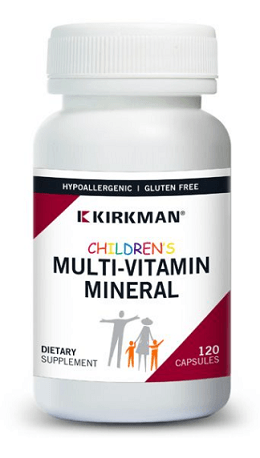
What’s covered?
Vitamin B12 is a component that aids in the functioning of your circulation and nerves, along with the production of DNA, and the hereditary material found in the whole of the organisms. Vitamin B12 also helps avoid megaloblastic anaemia, a haemoglobin infection that causes tiredness or exhaustion.
Moreover, if a person does not have sufficient vitamin B12 in nutrition from food, including eggs, meat and milk, he might develop a vitamin B12 deficiency. This vitamin is required to produce red blood cells that transport oxygen throughout the body. The eight most prevalent signs and symptoms of vitamin B12 insufficiency are described below.
Migraines
A vitamin B12 deficiency may cause adverse neurological effects, such as migraines. It is one of the most prevalent symptoms in children and adults. According to several studies, those who suffer from certain kinds of migraines are often more apparent to have a lower B12 level.
In a study conducted on 140 people, 50% of whom had headaches, researchers discovered that serum concentrations of B12 were considerably lower in migraine sufferers than in non-migraine sufferers.
In addition, individuals with a high B12 concentration were 80% less likely to suffer from migraines than people with lower B12 concentrations.
Irritable bowel syndrome (IBS)
Constipation, vomiting, diarrhoea, discomfort, flatulence, or gastrointestinal issues may indicate a vitamin B12 deficiency. Both young and older adults might be affected by these difficulties.
However, bear in mind that most of these signs are non-specific and might be affected by different circumstances. Digestive problems, drugs, and illnesses, for instance, may all cause diarrhoea.
Tingling in the hands and feet
We've probably all experienced a brief tingling feeling in our feet or hands. For example, lying down or sitting for long hours with your knees bent may occur. This feeling is sometimes alluded to as paresthesia.
However, this vitamin B12 deficient sign coincides with neuropathic pain indications, which are neurological disorders due to high sugar levels and may produce numbness in the limbs. Hence, a B12 deficiency might be misinterpreted as neuropathic pain in persons with high sugar levels. Therefore, many doctors advise that persons using metformin have their vitamin B12 levels checked every month.
Exhaustion
You'll probably feel exhausted if your vitamin B12 levels are low or inadequate. This vitamin is required for optimal cell activity. As a result, low vitamin B12 levels may reduce standard red blood cell synthesis, compromising oxygen supply.
Inadequate intake of vitamin B12 may cause megaloblastic anaemia. This disorder causes big, aberrant, and premature red blood cells to develop and defective DNA synthesis. Moreover, a person with this condition probably feels sluggish and exhausted if the body doesn't have sufficient red blood cells to transport oxygen to body tissues. Therefore, even if the B12 levels are regarded as usual or perhaps slightly low, you might experience tiredness and other associated indications with B12 insufficiency.
Anxiety or depression
Vitamin B12 is necessary for the proper working of your nervous system, and a lack of it may have negative consequences for your mental health. Vitamin B12 deficiency, in particular, has been linked to an increased risk of anxiety or depression. Furthermore, poor or insufficient B12 amounts may cause additional mental illnesses, such as schizophrenia, emotional problems, and depression.
In a 2020 study done on 132 adolescents and teenagers, 89 with anxiety and 43 with deficiencies, researchers discovered that individuals with sadness had reduced B12 levels and increased methionine amounts than those without stress.
Jaundice
An unusual whitening of your skin is called yellowness of the skin or jaundice. This may be widespread (affecting the whole body) or restricted to a single location. In addition, anaemia caused by a lack of entirely grown, healthy red blood cells, similar to malnutrition, may cause your complexion to become yellow.
Furthermore, jaundice is a disorder that causes your complexion and the whites of your eyes to become a yellowish tone due to a B12 insufficiency. This is because high amounts of haematoid, a waste material produced when the body gets broken red blood cells, have the hue.
Glossitis
Glossitis is a medical name for an irritated, red, and sore tongue, which a B12 shortage may cause. This condition may arise with ulcerations, characterised by ulcers and irritation in the mouth, in patients who have this deficit.
Glossitis and ulcerations are prevalent in persons with B12 insufficiency anaemia, but they may also happen without anaemia and be a symptom of vitamin B12 deficiency. Nevertheless, glossitis may be induced by dietary deficiencies such as riboflavin (B2), niacin (B3), and folate.!
Concentration problems and mental disability
Individuals with poor or inadequate B12 levels might experience confusion and have trouble focusing and finishing activities because B12 insufficiency has a detrimental influence on the nervous system. Older persons are more susceptible to these adverse effects because the risk of B12 deficiency grows with time.
Furthermore, inadequate B12 levels have been linked to poorer brain ability in older persons. Luckily, research shows that B12 medication helps alleviate mental disability caused by low B12 amounts.
What is vitamin B12 deficiency anaemia?
Vitamin B12-deficient Anaemia is a disease that occurs when a person has no red blood tissue because there is a lack of vitamin B12. These vitamins are necessary for the production of red blood cells which transport oxygen throughout the body. Without enough blood cells, your cells are not getting adequate blood oxygen. Without oxygen, you won't be able to function. Folic acid is a vitamin that provides a variety of B vitamins and nutrients.
Causes of vitamin B12 deficiency
Pernicious anaemia causes vitamin B12 deficiency in people. There may also be other reasons that cause this deficiency although it tends to be rare.
Inadequate dietary intake
Although relatively uncommon, certain people may suffer from vitamin deficiencies due to poor intake of vitamin B12. A balanced diet generally gives enough vitamin B12. Strictly vegan people with low diets may suffer from deficiencies. Some foods contain a high level of vitamin B12, and some foods contain soy and wheat products. Fruits and vegetables are not enriched in vitamin B2 except for vitamin B6. In healthy people, the body generally contains vitamin B12 which is stored for 2 to 5 years.

Pernicious anaemia
Vitamin B12 needs to be absorbed into the stomach in order to function properly. These proteins are made by stomach lining cells. The perniciously anaemic disease is an autoimmune disease most commonly experienced by individuals older than 60, but women have a higher chance of developing it.
Medications
Some medicines can interfere with the absorption of B12 and potentially lead to deficiency in some cases. A number of medications that can help relieve the symptoms associated with inflammatory diseases can be absorbed by an adult.
Conditions affecting the stomach and intestines
A person whose health affects gastrointestinal function is affected by gastrointestinal disorders or undergoing surgical operations, may be at risk for vitamin B12.
How is vitamin B12 deficiency diagnosed?

Since the signs and symptoms of vitamin B12 insufficiency aren't unique to the disorder, it could go unnoticed or be incorrectly diagnosed. Hence, it's critical to speak with a medical expert if you're suffering from the problems mentioned above.
It is also essential if you:
- adhere to a rigorous diet, such as a vegetarian diet
- are going to have a baby or nursing a baby
- have an illness that causes vitamin B12 deficiency
- use a B12-depleting drug
However, a medical practitioner may disregard a B12 deficiency besides knowing about your concerns and doing a medical examination by conducting blood testing that includes the following:
- Levels of B12 and folate
- Levels of Homocysteine
- Levels of methylmalonic
- CBC with peripheral smear
If you've been identified with insufficient B12 amounts, your doctor will advise you on the best course of action. B12 immunisation, oral B12 pills, or treating an existing health problem that may create a deficit are all options. Individuals who can't generate B12 through dietary sources, including those who've had gastric surgery or have certain inflammatory illnesses, should have B12 immunisation.
When to see your GP
If you experience any of the abovementioned symptoms related to vitamin b12 deficiency, it is advised that you see your doctor. The doctor might then request a blood test to determine whether you do have a vitamin b12 deficiency.
Diagnosis of vitamin B12 deficiency
Doctors usually examine the individual for underlying medical problems and perform physical examinations. If they suspect a deficient vitamin B12, they often ask for blood tests. This test is used to test the levels of vitamin B12 and folic acid, and the amount of haemoglobin in blood cells, and it also helps to determine cellular size.
Complications of vitamin B12 deficiency anaemia
Although not uncommon, vitamin B-12 or folate deficiencies can result in serious illness or death. A person suffering from severe anaemia is also more likely to develop heart problems. Certain complications are better treated, and some are permanent. Find out the consequences of vitamin deficiencies or folate deficiency anaemia.
Prevention of vitamin B12 deficiency
However, in some cases, vitamin B12 isn't always available and is also possible to take action to prevent if there is an underlying problem. The individual should talk regularly with their physician about monitoring vitamin B12 levels.
Conclusion
Migraines, irritable bowel syndrome, exhaustion, tingling in hands and feet, anxiety or depression, yellow skin, and glossitis indicate vitamin B12 deficiency.
Several indications of insufficient B12 amounts aren't unique to B12 insufficiency, making the illness difficult to identify. Hence, if you're suffering from any of the problems mentioned above, you should see a doctor to obtain a proper diagnosis and treatment. Whether on a vegan or vegetarian diet or eating a balanced diet, it is important to make sure you are receiving enough vitamin B12.
For further information on B12 tests, click here.








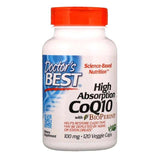
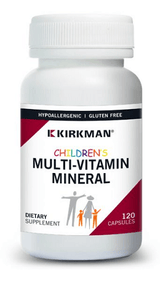
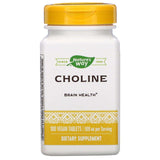

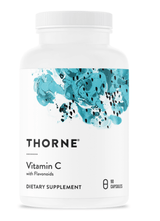


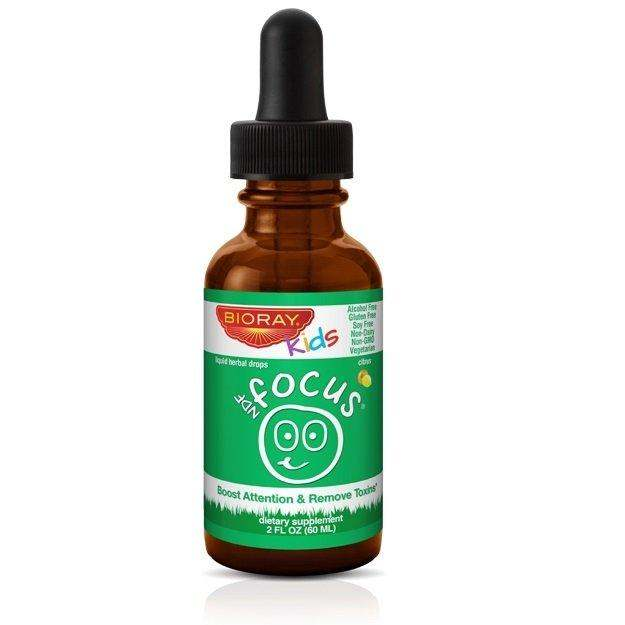



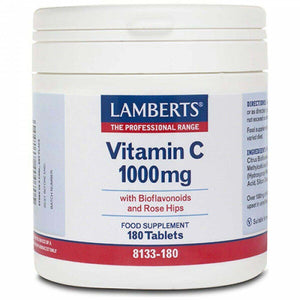




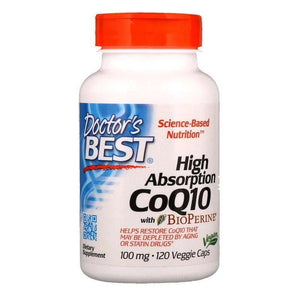
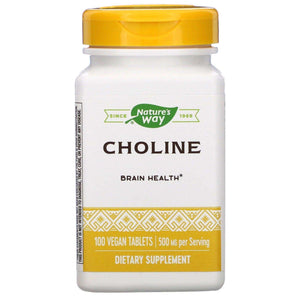
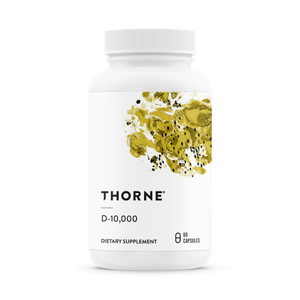
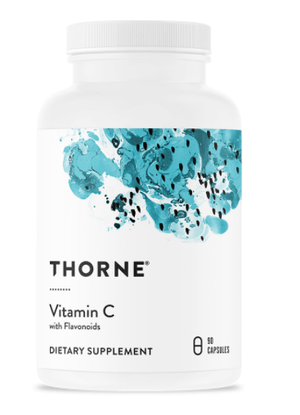







 Rated Excellent by 14,617+ Reviews
Rated Excellent by 14,617+ Reviews